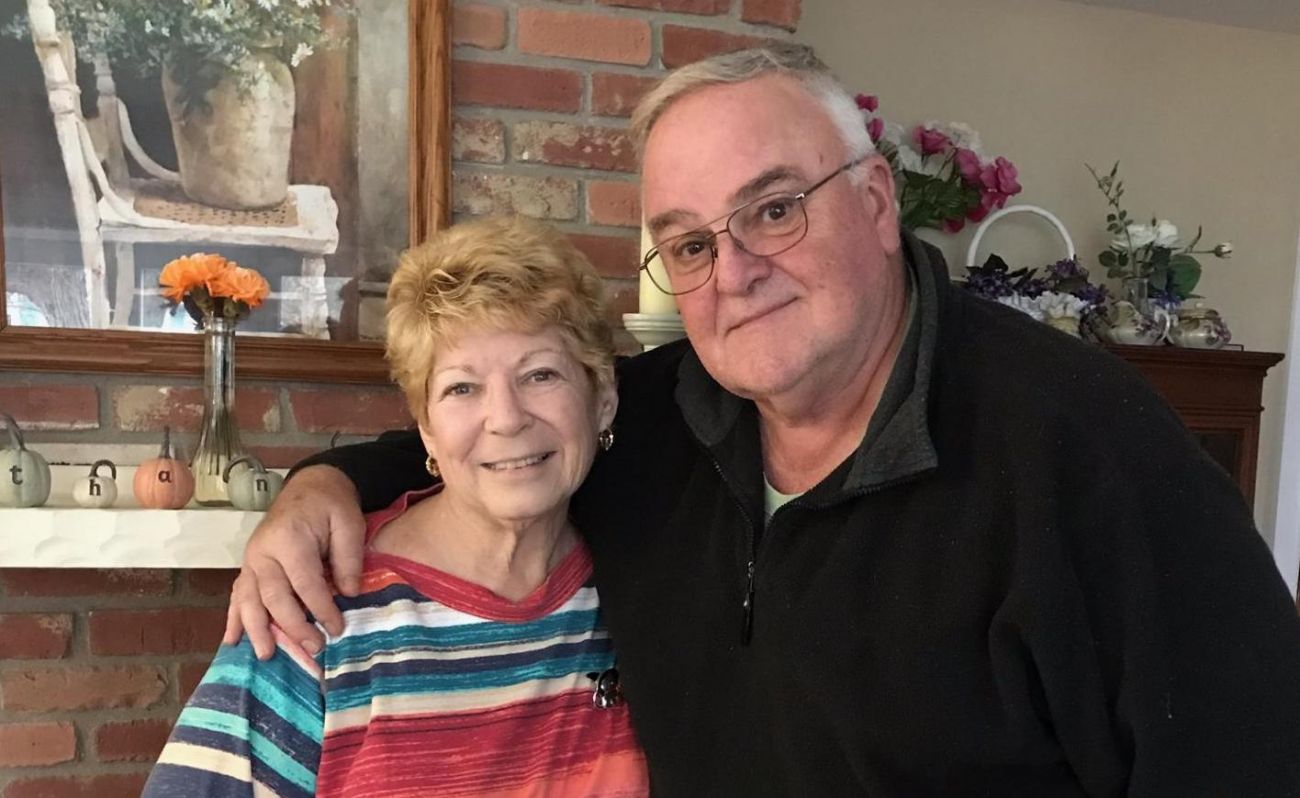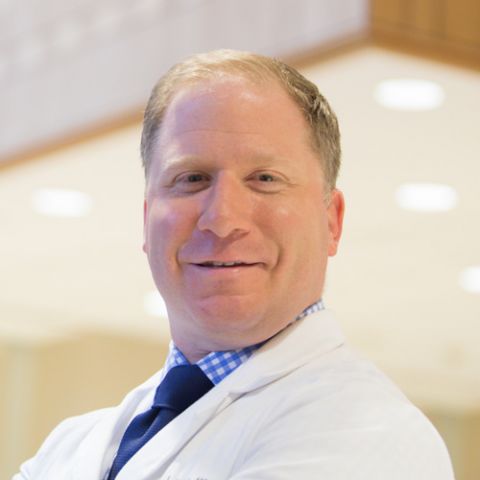Romaine Johnson survived cancer twice during the past year. She credits Roswell Park with saving her life both times.
Dehydrated and jaundiced in the early part of 2019, she thought she had a bad case of the flu, so she went to an emergency room in Oneida, NY. Doctors told her she needed more tests and sent her by ambulance to a Syracuse hospital, where she learned that what she thought was flu was actually a very aggressive pancreatic cancer.
“I was alone, no family with me, when I got this news,” she recalls. “I didn’t hear anything after the word ‘cancer.’”
The doctors began chemotherapy, which Romaine couldn’t tolerate. “My speech was slurred, and my blood work results were really bad. Every time I had a chemo treatment, I ended up back in the hospital.”
That continued for four months, with a final hospital stay lasting 17 days. Then the hospital informed her they were sending her home because “there was nothing more they could do for me. They said I wasn't a candidate for surgery, and that I needed three more months of chemo, which I couldn't tolerate. It had damaged my kidneys, thyroid and my vision.
“They made me feel like I wouldn’t live very long. When I asked what I should do, they told me I should call hospice.”
Instead, Romaine’s primary doctor sent her to Roswell Park for a second opinion, where surgeons of Roswell Park’s Liver and Pancreas Tumor Center, told her there was no reason she couldn't undergo a Whipple procedure, or pancreaticoduodenectomy.
Getting a Second Opinion
Looking for another opinion on you or your loved one's cancer diagnosis or treatment plan?
Learn MoreAlthough it’s the most common method of removing tumors in the pancreas, the Whipple is a complex surgery in which the surgeon removes portions of the gastrointestinal tract — such as the pancreas, small bowel and bile duct tissues — and then reroutes the digestive organs in a reconstruction somewhat like a bypass procedure. This operation is appropriate for about 20% of pancreatic cancer patients, based on the extent of their disease. Romaine was fortunate. She had an eight-and-a-half-hour surgery in May and recovered nicely.
Luckily, she has support from family and friends, because in October she was diagnosed with stage 3 colon cancer. Steven Nurkin, MD, MS, FACS, Department of Surgical Oncology, performed that surgery.
Romaine, who turned 70 in November, says she’s happy to be alive, particularly because she can help care for her four grandchildren. “The oldest just turned 10 and is blind. I want to help her with her challenges,” she says.
“I love Roswell!” she adds. “They gave me hope and showed me empathy. I made it. Roswell saved my life.”
Editor’s Note: Cancer patient outcomes and experiences may vary, even for those with the same type of cancer. An individual patient’s story should not be used as a prediction of how another patient will respond to treatment. Roswell Park is transparent about the survival rates of our patients as compared to national standards, and provides this information, when available, within the cancer type sections of this website.

